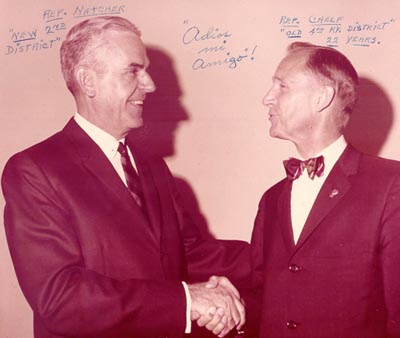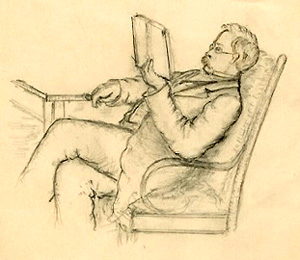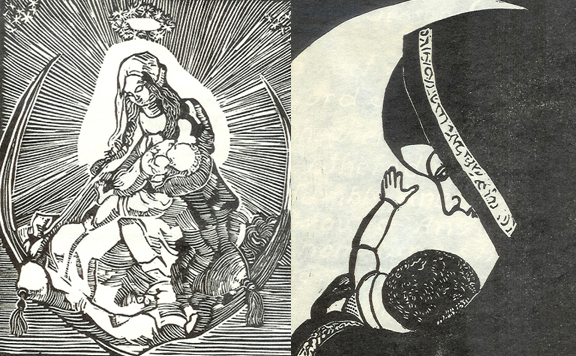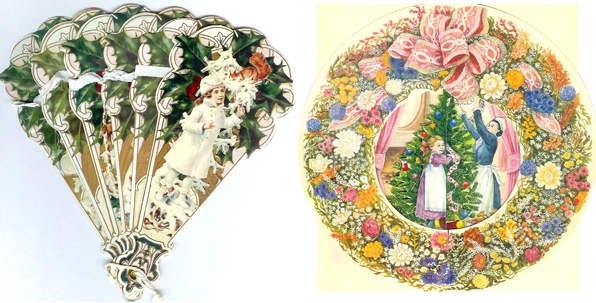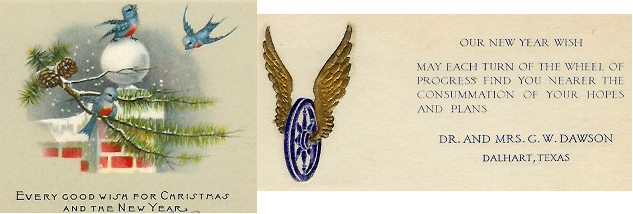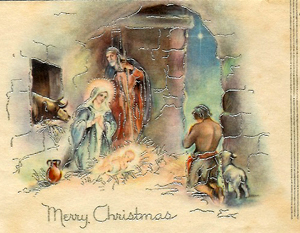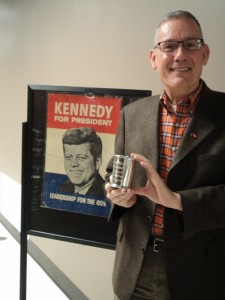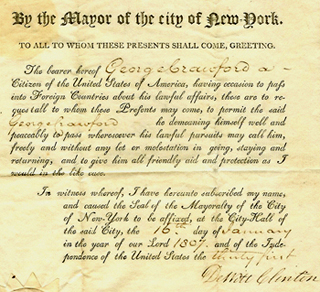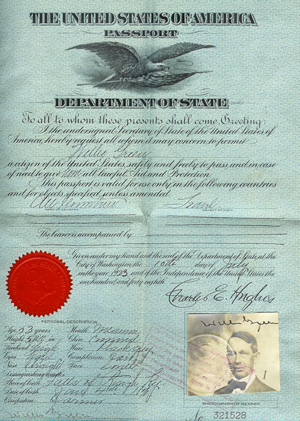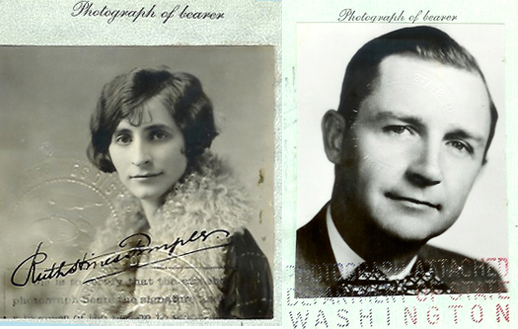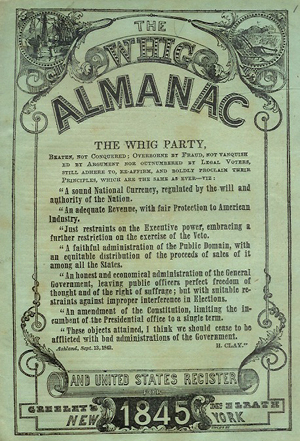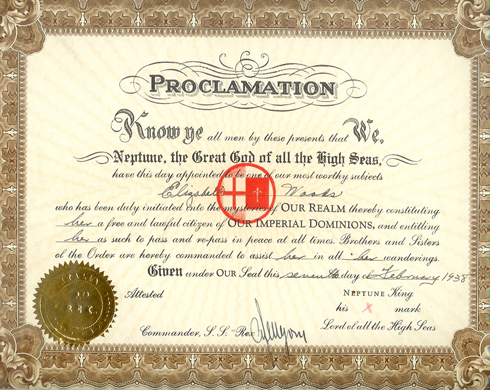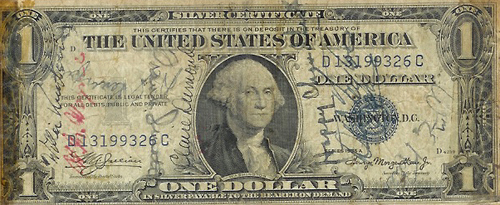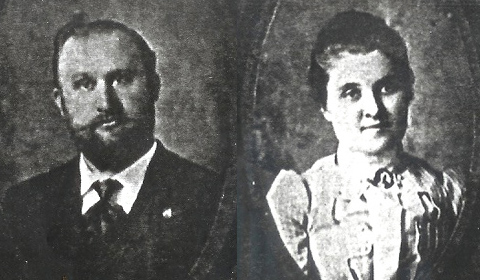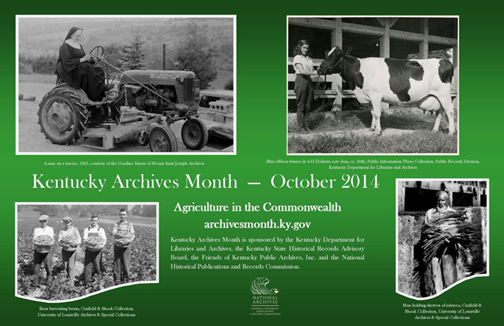Since the Cold War, a feature of the annual State of the Union message is the “designated survivor” status given to a member of the U.S. government. Should a catastrophic event wipe out the Capitol and everyone inside during the President’s speech, continuity of government would rest in the hands of this individual, who watches the proceedings from a secure, Secret Service-protected location. This year’s “designated survivor” was Secretary of Transportation Anthony Foxx.
In 1966, giving his farewell speech after 22 years in Congress, Kentucky representative Frank Chelf remembered an event that, if not catastrophic, surely rattled the halls of that institution. On March 1, 1954, four Puerto Ricans demanding independence from the United States fired pistols from the gallery of the House at members of the 83rd Congress. “When the sound of the last shot was history,” said Chelf, “five of our colleagues were lying bleeding on the floor of this chamber.” Having just left for a doctor’s appointment, Chelf concluded that the engagement saved his life because “the seat that I had just vacated minutes before, had been completely riddled by two bullets. It just wasn’t my time to go.” The same, fortunately, held true of the five shooting victims, all of whom survived.
Frank Chelf’s farewell speech to Congress is part of the Frank Chelf Collection in the Manuscripts & Folklife Archives holdings of WKU’s Special Collections Library. Click here to access a finding aid. For more political collections, search TopSCHOLAR and KenCat.

